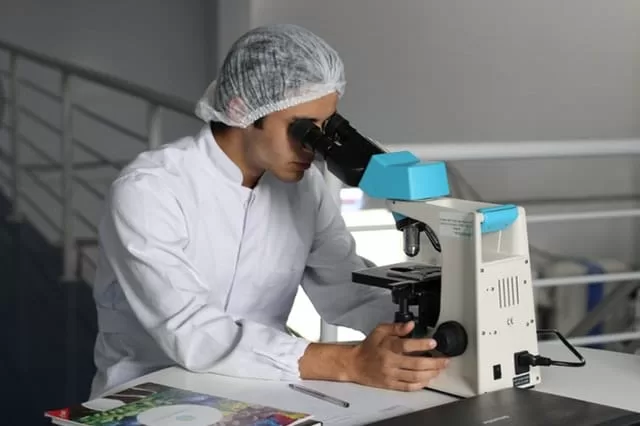Roughly one in five people in Lake Charles experiences hearing loss. The majority of patients develop their condition as a result of natural aging. A study released last month offers a glimmer of hope that early detection and new treatment solutions can help offset the negative impacts of hearing loss in the aging population.
Presbycusis and its Effects on Hearing
Presbycusis, the medical term for hearing loss associated with natural aging, affects about 25 percent of Lake Charles residents between the ages of 65 and 75. By age 75, about half of all Louisianans will be diagnosed with hearing loss. We often think of this as a byproduct of natural aging, but in reality, it’s the result of a lifetime of noise exposure. Everyday background sounds gradually damage the hair cells in the inner ear that allow us to process sound; once destroyed, they cannot be repaired, and hearing can’t be restored. Left untreated, hearing loss may lead to a number of physical, social and psychological health effects including isolation, withdrawal, anxiety, depression, dementia, diabetes, kidney disease and an increased risk of falling. While hearing protection can help in certain instances – any time you are exposed to activities where loud noise is common – genetics often play a larger role, making hearing loss unavoidable in some individuals.
This is precisely why a new study by researchers at King’s College in London has the audiology community excited. Neuroscientist Karen Steel and her research group conducted studies on mice to learn more about the underlying causes of progressive hearing loss. 1,200 mice with different gene mutations were examined and the results were published in the April issue of PLOS Biology.
The researchers looked at 1,211 genes in all and positively identified 38 that were linked to hearing loss in the mice. This represents just over three percent; by extrapolating the data, scientists estimate there are around 1,000 total genes that are involved in hearing loss. The team also found 10 genes that help to maintain hearing with age.
Steel believes this makes the idea of a “one-size-fits-all” treatment for hearing loss extremely unlikely but is encouraged that better diagnostic tools for distinguishing between different types of hearing loss may be developed as a result of her group’s study. “Our results tell us that there are a large number of genes involved in deafness,” she says, “and many different types of abnormality of the auditory system that can lead to hearing loss.” By identifying and classifying the genes associated with early-onset hearing loss, doctors might one day be able to take a more proactive approach to treating – and possibly even preventing – hearing loss related to the aging process.
For more information on hearing loss and to learn about ways to prevent damage to your ears, contact your Lake Charles audiologist today.

